There are a number of particular things you’ll need to check for as you prepare your vehicle for a road trip, a general inspection is a good way to find out any issues you might otherwise miss. Check the condition of the windows, the state of the vehicle’s body, and look for anything that stands out as unusual. If you’re not sure, simply take your car to the nearest workshop for inspection and repairs.
- Take note of any issues you notice to be sure you fix them before the trip begins.
- This first inspection will the things you focus on as you continue preparing your vehicle.
Before a road trip check if your windshield wipers need to be replaced
Like any part of a car, windshield wipers can wear out from use. They may also simply dry out and crack over time. Test your windshield wipers and make sure they can sweep water properly off the windshield. If not, you” have to replace them.
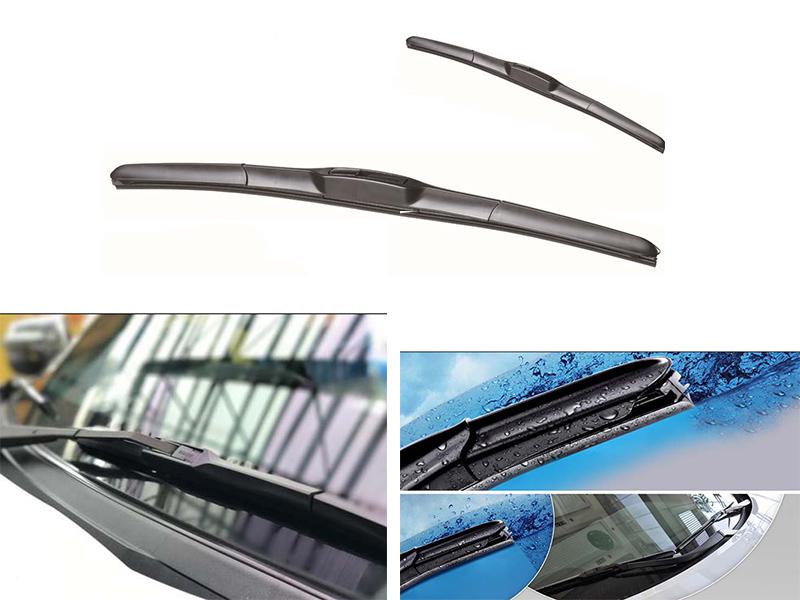
- Use windshield washer fluid or some water to test the effectiveness of your wipers.
- If your windshield wipers are visibly cracked, they need to be replaced.
Make sure your tires are properly inflated and good
Driving on under-inflated tires can increase the chances that you’ll have a blowout by causing damage to the tire’s sidewall. It will also hurt your gas mileage. On tires installed by the factory, you can find the right tire pressure in the owner’s manual, but you can also find the tire pressure rating printed on the side of each tire.
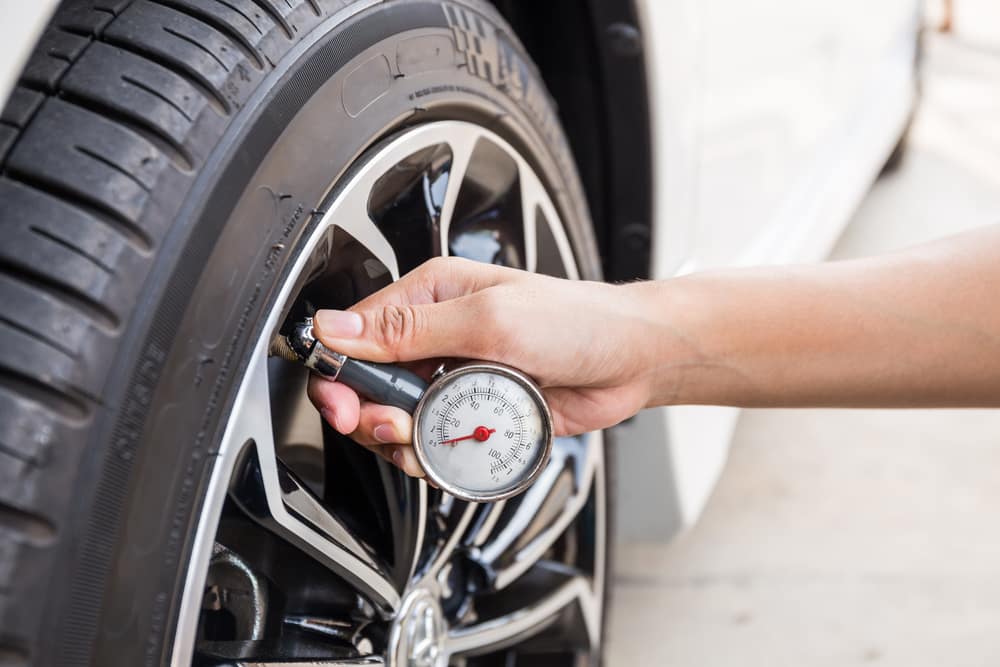
- Use a tire gauge to check the tire pressure in all four tires.
- If any of the tires are low, add air until they’re at their specified pressure rating.
Before a road trip check all your exterior lights and the horn
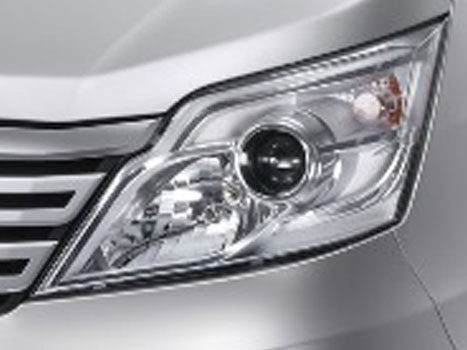
Having working headlights and taillights are important for safe driving at night. Be sure your turning signals are working and check your number plate light as well. Switch on the headlights, parking lights, and turn signals, then check to ensure each is turning on as it should. While you’re testing the lights, honk the horn a couple of times to make sure it’s in good working condition.
- If you need to replace a bulb, you can easily access it from the backside of the headlamp or tail lamp assembly. You may need to remove a few screws that hold the assembly in a bracket or to the body of the vehicle.
Inspect the tread on all of your tires
Balding tires can be more prone to blowing up and reduce the amount of traction your vehicle has when the roads are wet. Look for signs of damage on the sides of the tire, then use the “Coin test” to see if there’s enough tread on the tire.
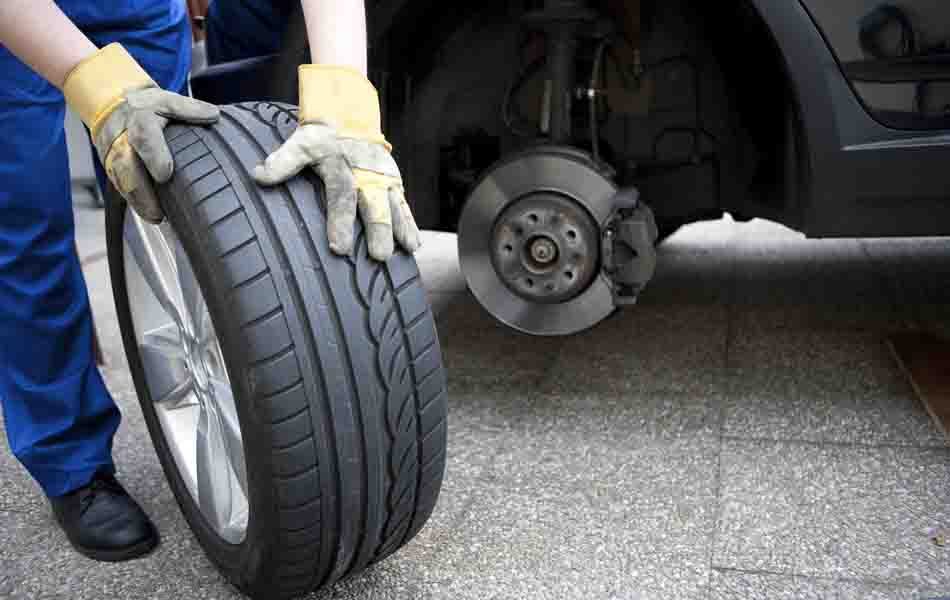
- Place the coin upside down in the groove of the tire and see how much of the coin you can see.
- If your tread depth is less than 2/32 inch you need to replace your tires.
Observe the belts and accessory belts in your engine (usually found on the front or side) and make sure there are no cracks or shiny spots. If there are, the belt should be replaced right away. Then, pinch the belt with your thumb & fingers try moving it up and down for tension check.
- If there’s more than an inch of play in the belt, it may need to be tightened or may be replaced depending on the condition.
Before a road trip ensure your air filter isn’t clogged
Most vehicles can go thousands of kilometers without needing to have the air filter replaced, but it’s better to check the condition of your filter before getting out on a long trip. The air filter is usually found in the airtight box attached to the end of a stretchable plastic pipe called the Air intake.
- Most airboxes are held shut with clips. Remove them to open the box and look at the air filter.
- The filter should be free of debris and usually white. If it looks particularly dirty, replace it before closing the air-box up again.

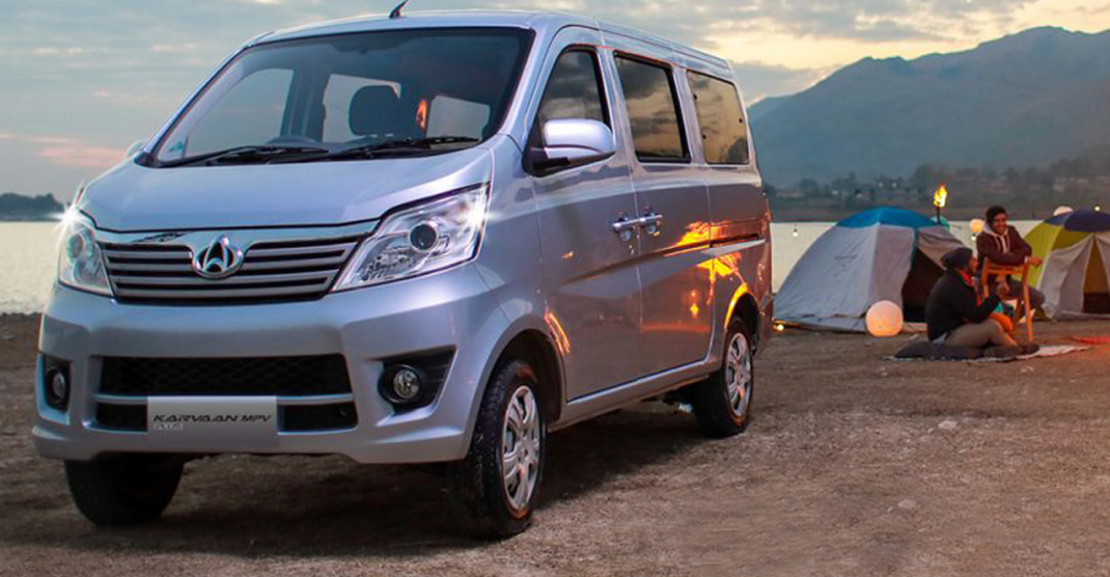












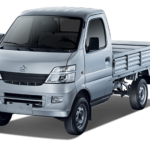
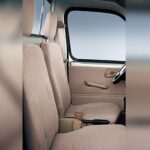
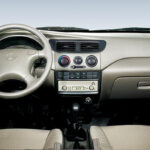
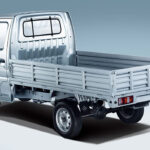
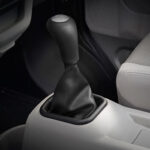
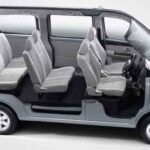
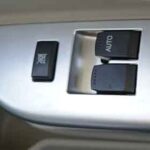
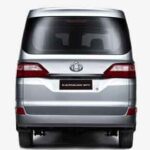
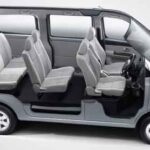
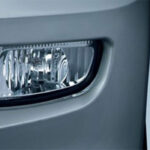
[…] batteries are not designed for long-term power use. They’re designed to provide your vehicle with enough electrical oomph to start by juicing the starter motor with a surge of power and […]
[…] shock absorbers. Springs cushion the vehicle by dampening shock loads from bumps and holes in the road. Shock absorbers use hydraulic pistons and cylinders to cushion also the vehicle from shock loads. […]